
Cloud Processes News

Ultra-high-resolution Lidar Reveals Hidden Cloud Structures
Tuesday, December 23, 2025
Centimeter-scale view into lab-created clouds uncovers features important to rainfall, brightness, and atmospheric models
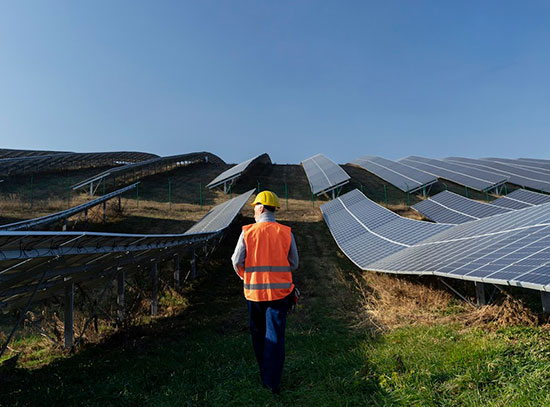
New Study Improves Solar Forecasting by Accounting for Variations in Cloud Types
Wednesday, April 2, 2025
New study improves solar forecasting by accounting for variations in cloud types.
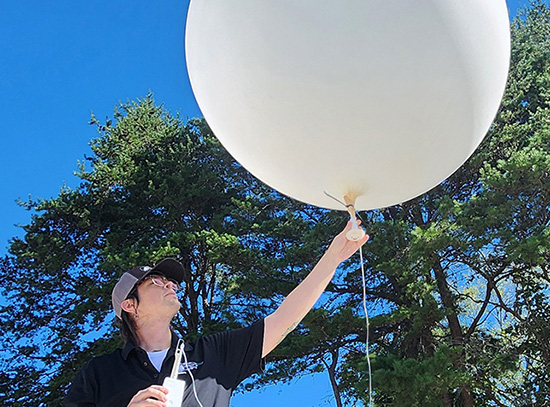
Atmospheric Observatory Opens for Operation in Bankhead National Forest
Tuesday, October 1, 2024
Scientists will use data from the new Alabama observatory to better understand how forests affect weather and climate
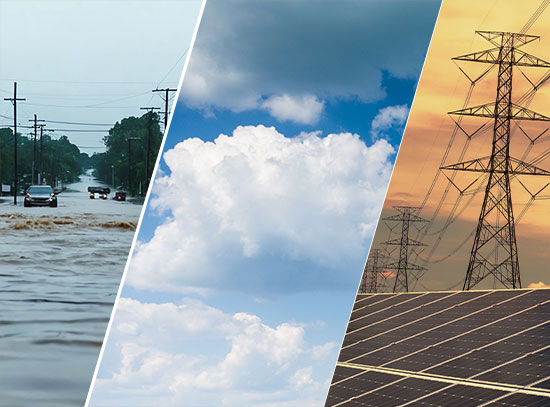
Planning for Impacts of Floods and Clouds on Power
Tuesday, September 10, 2024
Climate READi Northeast Regional Workshop features frank discussions among scientists, engineers, and public utilities.
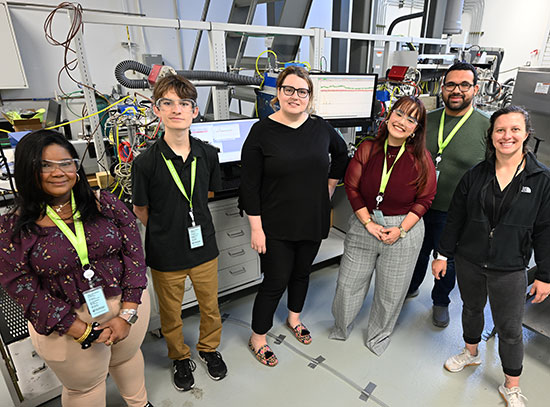
Instrumental: Brookhaven's Alabama-Bound Spectrometer
Thursday, August 22, 2024
Atmospheric scientist and interns calibrate aerosol-sampling instrument ahead of its deployment to Bankhead National Forest
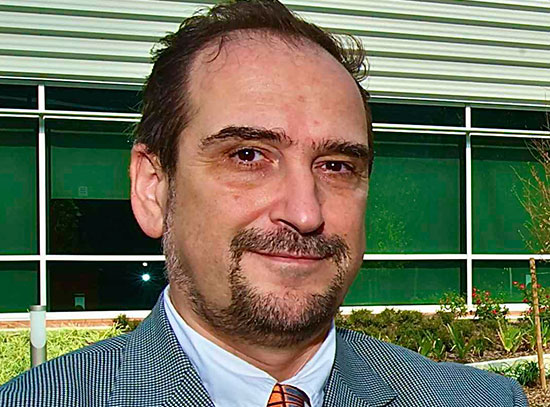
Daniel Vrinceanu: Champion of Science for the Underrepresented
Friday, May 31, 2024
An atomic physicist at Texas Southern University champions an emerging program in atmospheric science.
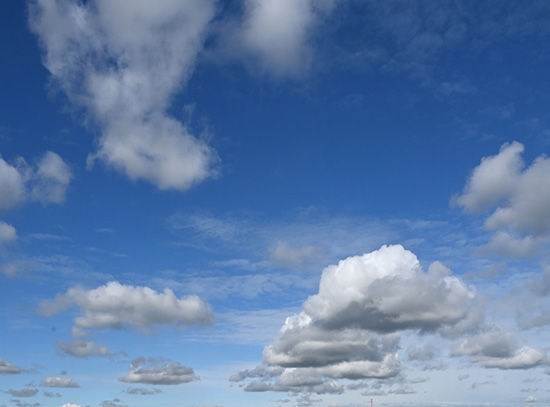
High-resolution Lidar Sees Birth Zone of Cloud Droplets
Wednesday, April 24, 2024
Technique enables remote monitoring of cloud properties important to effects on climate.
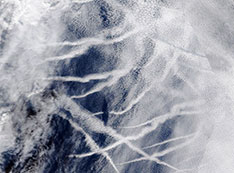
Scientists Detail Research to Assess the Viability and Risks of Marine Cloud Brightening
Wednesday, March 20, 2024
Scientists outline research needed to evaluate a proposed strategy for increasing reflection of solar radiation from Earth.
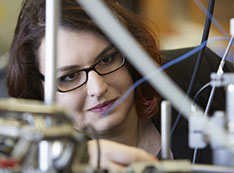
Maria Zawadowicz: Offering Expertise In Aerosol Measurement
Tuesday, January 30, 2024
Brookhaven Lab atmospheric chemist serves on ARM’s User Executive Committee and joins outreach efforts.
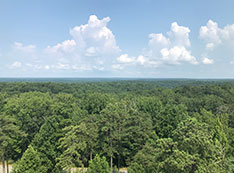
DOE to Deploy Advanced Observatory to Alabama
Friday, November 17, 2023
Major study seeks to unravel complexity of how forestland-atmosphere interactions impact weather and climate in Southeastern U.S.
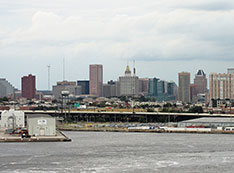
Penn State Professor to Lead DOE Climate Study in Baltimore Area
Friday, September 1, 2023
An upcoming field campaign supported by the U.S. Department of Energy (DOE) will study surface-atmosphere interactions around Baltimore, Maryland, to see how they influence the city’s climate.
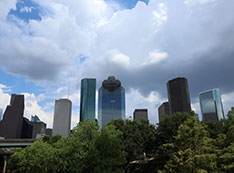
Science Workshop Outlines a TRACER Future
Thursday, June 29, 2023
Researchers gather in Texas and online to share data, preliminary results, collaborations, and next steps from the Houston-focused ARM campaign
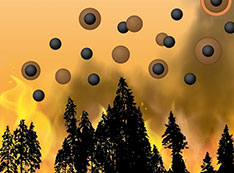
Scientists Map Changes in Soot Particles Emitted from Wildfires
Tuesday, March 14, 2023
Data collected on flights through wildfire smoke plumes show that most black carbon-containing aerosol particles are quite different from those used to estimate how fires affect climate.
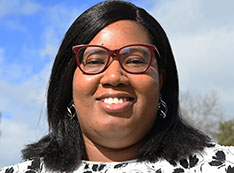
Ogo Enekwizu Brings Soot-seeded Clouds into the Laboratory
Tuesday, March 14, 2023
Simulated cloud studies seek to understand how particles emitted in wildfires influence cloud formation and climate.
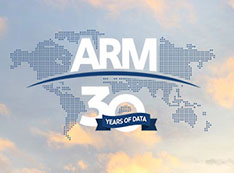
ARM Out on the Open Ocean
Wednesday, February 8, 2023
Measurements taken aboard ships have added deep dimension to 30 years of atmospheric data.
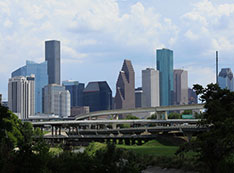
A Study of Stormy Houston Switches Gears
Thursday, November 17, 2022
TRACER, an epic investigation of coastal convection, moves from observations to data analysis.
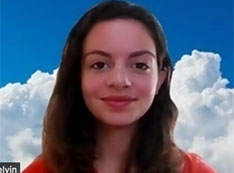
TRACER Talk: Student Interns Contribute to Early Research Efforts
Tuesday, September 6, 2022
Undergraduate and high school interns gained firsthand experience analyzing real atmospheric data and contribute to the science coming from TRACER.
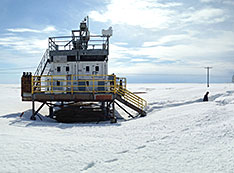
Remote-Sensing Observations in the Arctic Offer New Insights Into Ice Particles
Monday, March 28, 2022
Data, collected at the Department of Energy's Atmospheric Radiation Measurement atmospheric observatory in Alaska, indicate that shattering drizzle droplets play a major role in the formation of "secondary" ice in mixed-phase clouds.
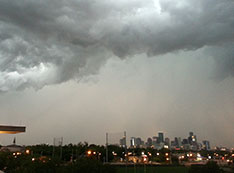
Experts Swarm Houston to Track Thunderstorms
Thursday, March 3, 2022
Overlapping campaigns, some with data already, try to unwind the puzzle of coastal deep convection.
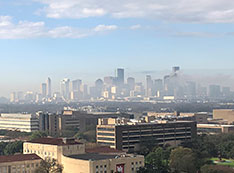
Does Pollution Make Thunderstorms More Severe?
Monday, September 27, 2021
Researchers to study effects of aerosols on storms in Houston; findings may make weather and climate forecasts more accurate and provide crucial data for exploring interactions of air quality, climate, and weather.

Mobile Observatory Surveys Manhattan Atmosphere
Friday, September 24, 2021
Scientists at Brookhaven Lab equipped a pickup truck with a suite of advanced research equipment to study urban microclimates.
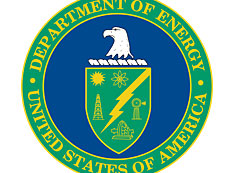
Three Brookhaven Scientists to Receive Early Career Research Program Funding
Friday, May 28, 2021
Three scientists at the U.S. Department of Energy’s (DOE) Brookhaven National Laboratory have been selected by DOE’s Office of Science to receive significant funding through its Early Career Research Program.

Explosive Origins of 'Secondary' Ice—and Snow
Monday, March 22, 2021
Definitive, real-world evidence for “freezing fragmentation” of drizzle as a major source of ice in slightly supercooled clouds has important implications for forecasting weather and climate.
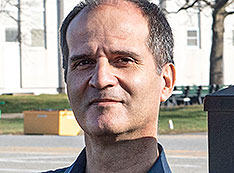
Pavlos Kollias Receives AGU Atmospheric Sciences Ascent Award
Tuesday, December 22, 2020
The American Geophysical Union award recognizes mid-career scientists for their excellence in research and leadership in the atmospheric and climate sciences.
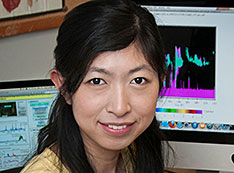
Meet the Engineers Whose Programming Helps Enhance Climate Research
Tuesday, March 31, 2020
Meng Wang, Tami Fairless, and Karen Lee Johnson use teamwork to bring atmospheric data into focus while also improving their work environment.
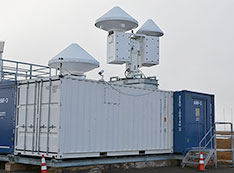
Brookhaven Lab to Lead AMF3 Move to Southeastern United States
Monday, February 24, 2020
Brookhaven Lab will lead the relocation effort for AMF3, the third Atmospheric Radiation Measurement (ARM) mobile facility.
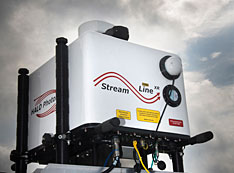
Predicting Urban and Coastal Microclimates
Tuesday, January 29, 2019
Brookhaven Lab recently deployed a mobile atmospheric laboratory in urban and coastal areas to improve microclimate forecasting.
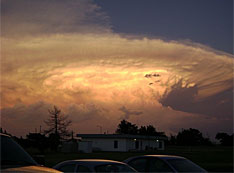
New Campaign Will Track Deep Convective Clouds Over Houston
Wednesday, January 23, 2019
Scientists will gather detailed data on aerosol-cloud interactions within deep convective systems
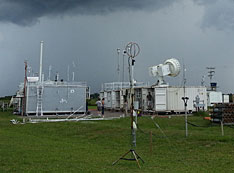
Tiny Particles Have Outsize Impact on Storm Clouds, Precipitation
Thursday, January 25, 2018
Tiny particles fuel powerful storms and influence weather much more than has been appreciated, according to a study published in Science and completed by a team of 15 researchers from institutions around the world—including two scientists from Brookhaven Lab.
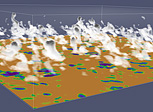
Brookhaven's Computational Science Laboratory Accelerates Radar Simulator Code for Cloud Research
Friday, September 15, 2017
Atmospheric scientists will be able to more quickly evaluate how well cloud models simulate processes observed by radar and other sensors and to determine if observational systems are capturing accurate views of the atmosphere.
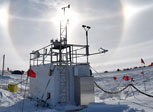
With ARM Instruments Watching, an Extensive Summer Melt in West Antarctica
Thursday, June 15, 2017
Scientists taking part in the most comprehensive meteorological field campaign in West Antarctica since 1957 describe atmospheric contributions to surface ice melting.
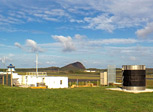
Brookhaven Lab Climate Scientists Embark on New Efforts to Study Ocean Clouds, Mountain Storms
Thursday, December 3, 2015
Researchers in Brookhaven Lab’s Environmental and Climate Science Department will play key roles in two future field campaigns funded by the U.S. Department of Energy’s Atmospheric Radiation Measurement (ARM) Climate Research Facility.

492nd Brookhaven Lecture on Wednesday, 2/19: What Goes Up Must Come Down: The Lifecycle of Convective Clouds
Friday, February 14, 2014
Whether big and billowy or dark and stormy, clouds affect far more than the weather each day. Join Michael Jensen of the Environmental Sciences Department for the 492nd Brookhaven Lecture, titled “What Goes Up Must Come Down: The Lifecycle of Convective Clouds,” in Berkner Hall at 4 p.m. on Wednesday, Feb. 19.

Lab Workshop on Predicting Weather Impacts on Utilities
Monday, February 10, 2014
A workshop at Brookhaven Lab brought together participants representing utilities, universities and national laboratories to explore how to identify and predict weather impacts on utility systems, specifically the electric grid.

Storm Scientists Participate in Science Café
Tuesday, May 31, 2011
Brookhaven staff who have been tracking storms in Oklahoma to improve climate modeling will discuss their work at a “Science Café” at the Norman OK Public Library June 2.

469th Brookhaven Lecture Featuring Andy Vogelmann
Wednesday, May 18, 2011
Join Andy Vogelmann of BNL’s Environmental Sciences Department as he discusses how scientists are studying the ways clouds affect Earth’s climate at the 469th Brookhaven Lecture today, May 18, at 4 p.m.

Brookhaven Scientist Leads Five-Month Study of Clouds To Improve Climate Models
Wednesday, August 19, 2009
BNL scientist Andy Vogelmann’s team logged 59 flights sampling clouds over climate research sites to improve modeling of low-level clouds.

Meet Andrea Fischer, Summer Student
Monday, July 14, 2008
Andrea Fischer, a Pre-Service Teacher (PST) participant at Brookhaven this summer, plans to use her math skills to train future generations of scientists and mathematicians as a middle school math teacher.
Brookhaven, New York Blue Participate in Groundbreaking Weather Simulations
Friday, January 25, 2008
A team of researchers set a U.S. record for size, performance, and fidelity for a computer weather simulation by modeling the kind of "virtual weather" that society depends on for predicting weather and understanding climate.

Aerosols In Many Arctic Clouds Warm Up Ground Surface
Thursday, January 26, 2006
Enhanced aerosol concentrations increase the amount of thermal energy emitted by many Arctic clouds, according to scientists supported by the Department of Energy's Atmospheric Radiation Measurement program. In research published in the January 26 issue of Nature magazine, Brookhaven scientist Andrew Vogelmann and lead-author Dan Lubin of the Scripps Institution of Oceanography conclude that the increase significantly affects the Arctic energy balance.




